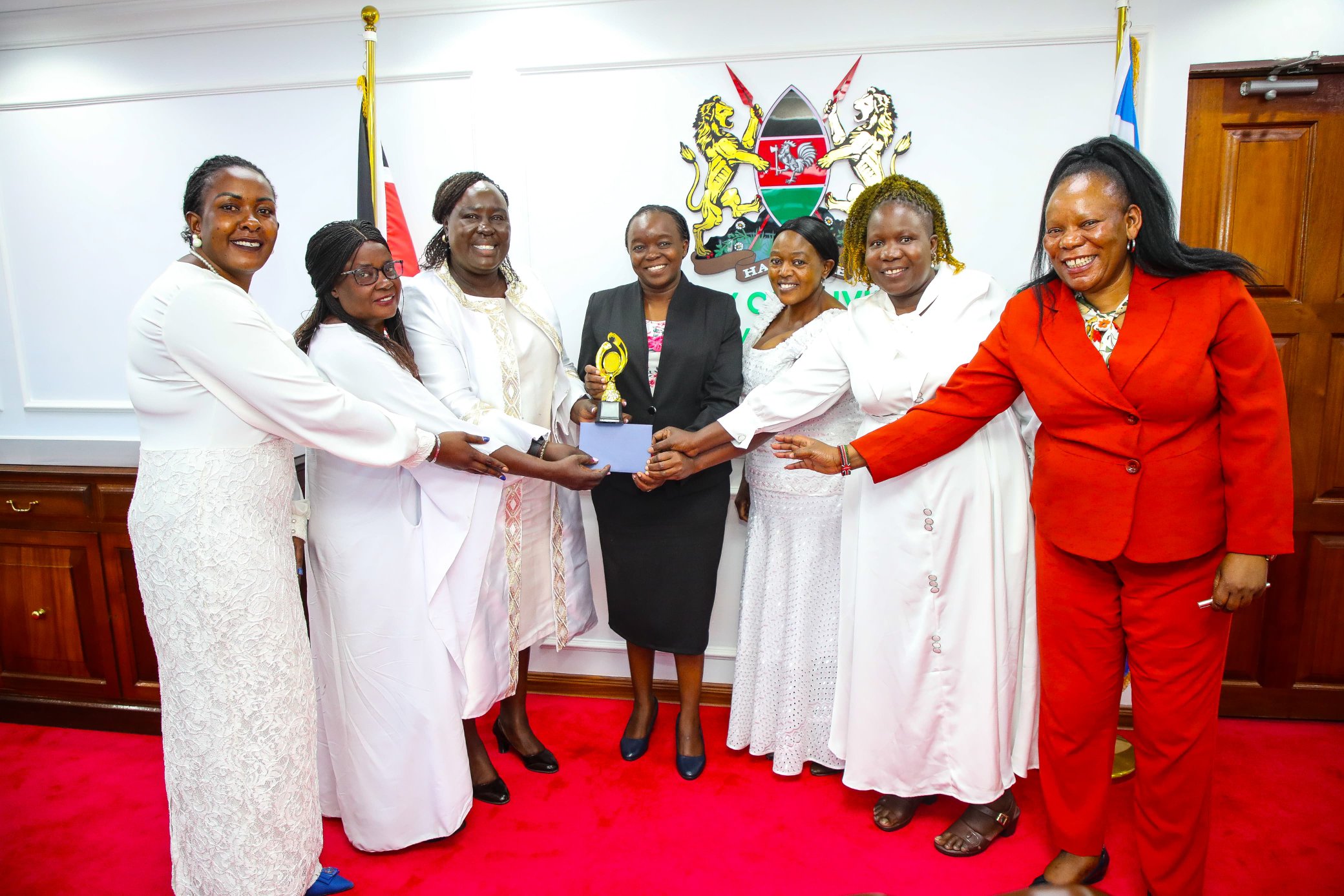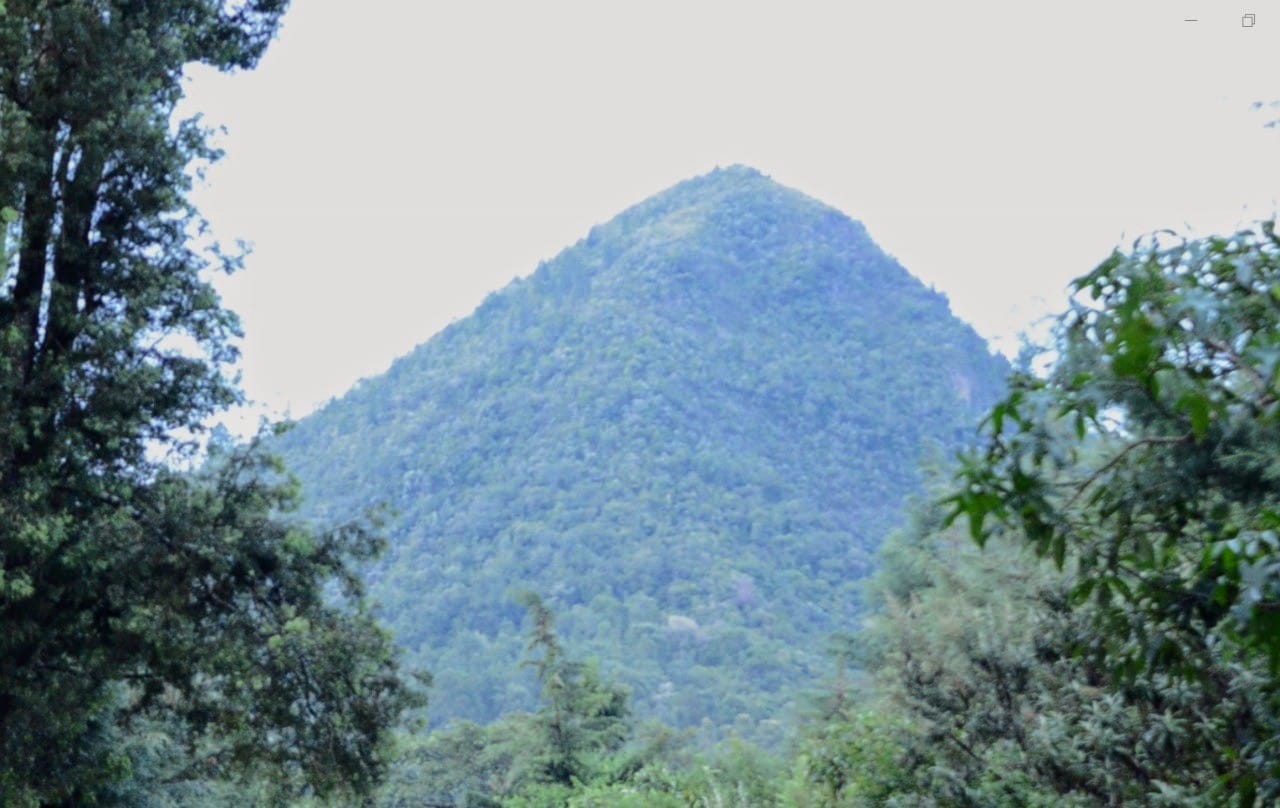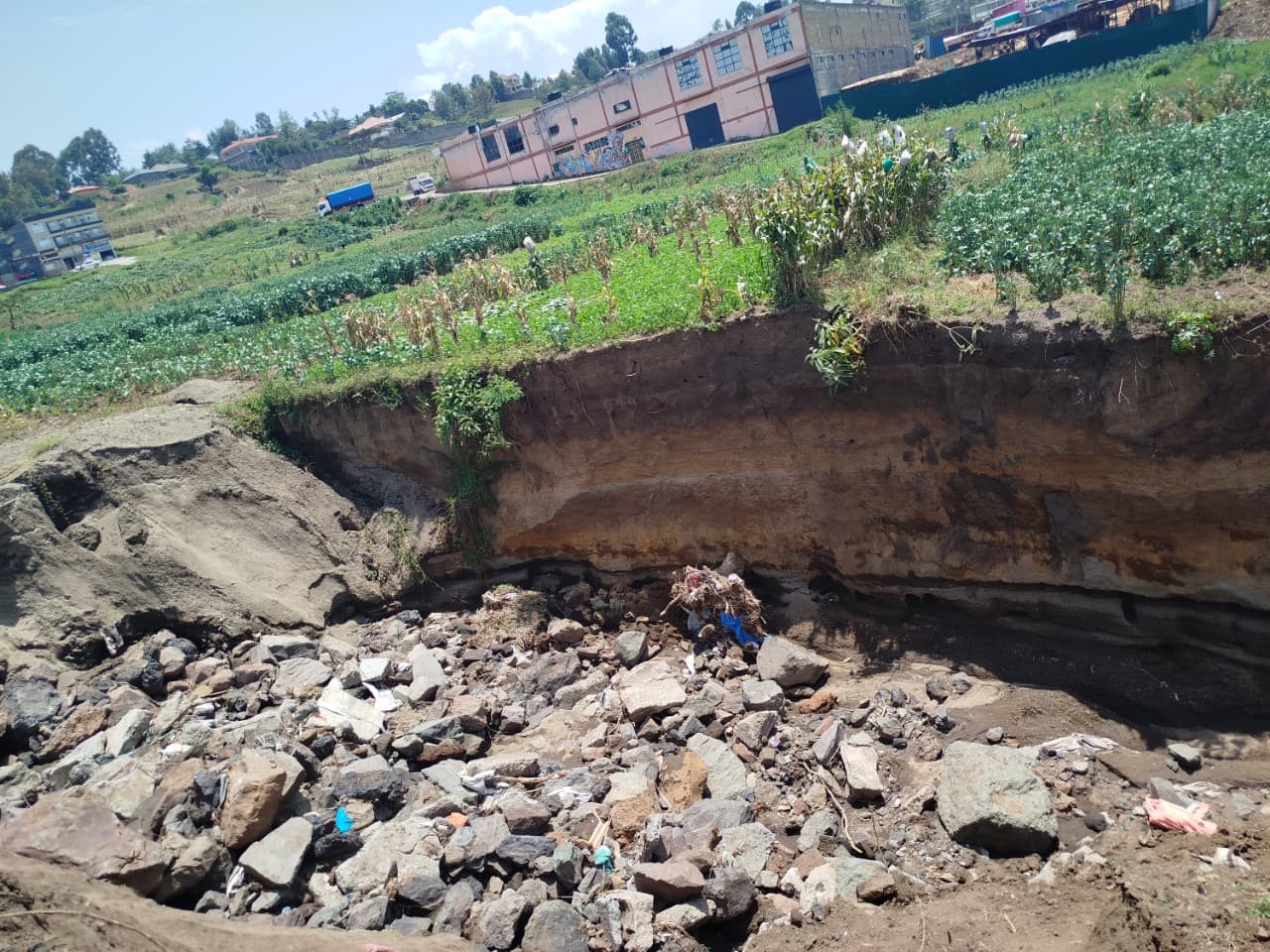- Across Kenya, women are often the leaders in environmental matters. They have regular interaction with the land and natural resources on a daily basis and are therefore best positioned to spearhead sustainable action within their communities.
The Mulembe Women Congress, a vibrant and spirited collective of Western Kenya’s grassroots climate heroes, recently reaffirmed their commitment to Kenya’s climate action agenda in a powerful show of community leadership.
Their engagement—aligned with the national push for environmental stewardship—spotlights the critical role women continue to play in protecting ecosystems and driving climate resilience at the local level.
In a demonstration of grassroots action, the Congress showcased their contribution to the President’s 15 Billion Tree Growing Programme, a flagship initiative aimed at restoring Kenya’s forest cover and combating climate change.
According to the group, they have planted over 80,000 trees in schools and churches across the Western region—a self-reported achievement that underscores the scale of their ambition.
Their efforts have not gone unnoticed. The Cabinet Secretary (CS) for Environment, Climate Change and Forestry, Deborah Barasa, has consistently emphasized the importance of community-led action in Kenya’s green transition.
Read More
Through a statement on X, CS Barasa voiced strong support for women-led environmental initiatives, describing such efforts as “bold and commendable steps toward a sustainable future.”
But the Congress isn’t just greening the country—they’re building resilience. Their work strengthens communities against the effects of climate change while fostering economic and social empowerment for women. The group has become a living testament to the idea that climate action must be inclusive, equitable, and local.
Discussions within the Congress have increasingly focused on strategic partnerships, long-term environmental goals, and collaboration with government and civil society. Their vision is clear: scale up community-led, sustainable action while ensuring women are not just participants—but leaders.
CS Barasa has echoed this sentiment in public forums, stating:
“As a Ministry, we remain firmly committed to working with women-led organizations in driving Kenya’s green transition and ensuring no one is left behind.”
Her words reflect a growing recognition that women are not only caretakers and teachers, but also environmental stewards and agents of change.
Across Kenya, women interact daily with land and natural resources. They are uniquely positioned to lead sustainable practices within their communities. The work of the Mulembe Women Congress is a vivid manifestation of this potential in action.
Their story proves that when women are at the table, environmental change doesn’t just become possible—it becomes inevitable.







